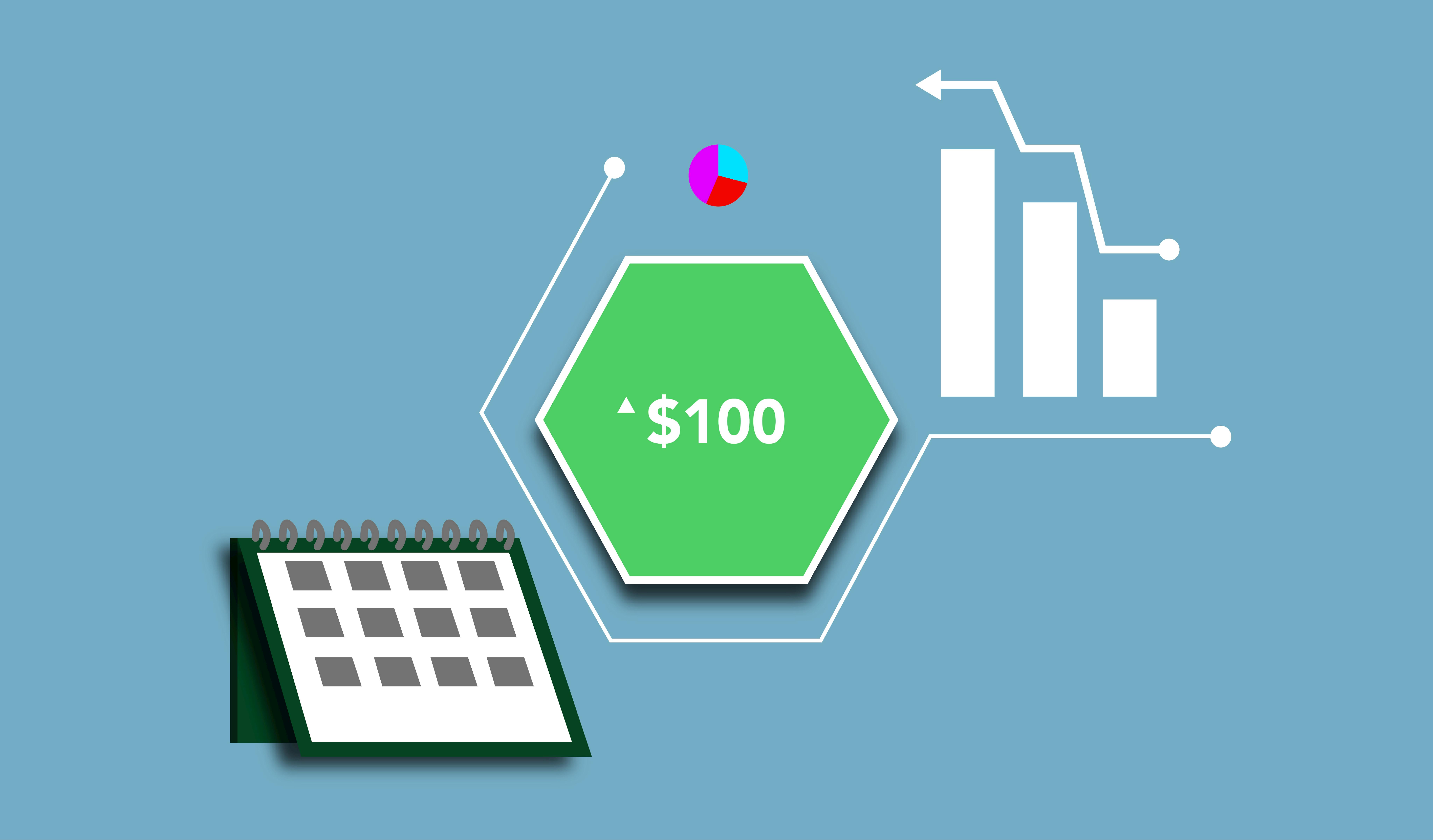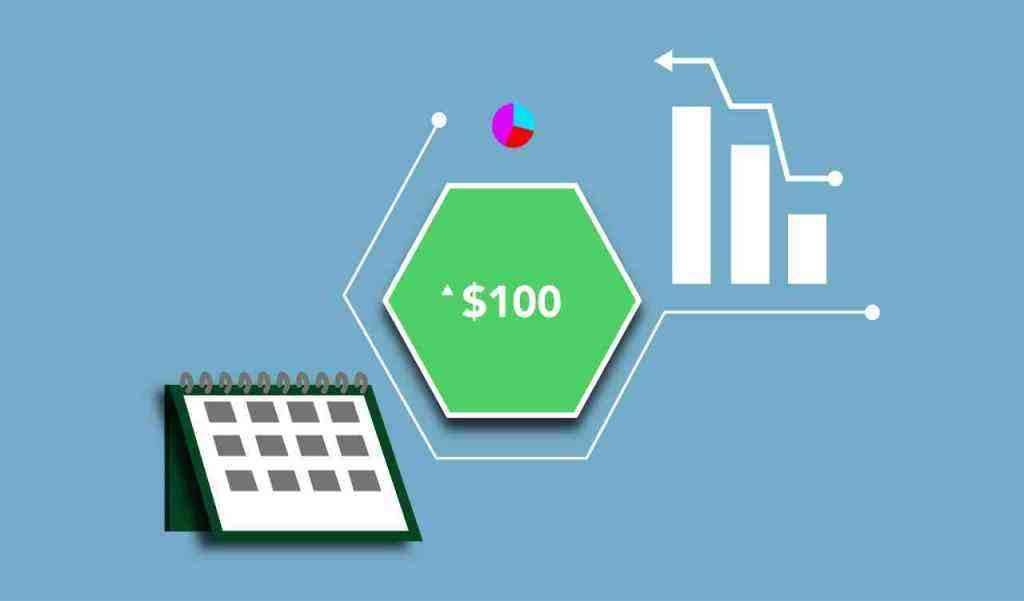Four AI Action Plans to Supercharge Your Marketing Team’s Impact

Marketing teams are frequently overwhelmed by data and burdened by repetitive, manual tasks. Artificial intelligence (AI) tools can alleviate this burden, freeing up marketers to focus on strategic thinking and creativity, thereby adding significant business value. Four key areas where AI can deliver substantial benefits include sifting through customer feedback for hidden insights, enhancing the team’s industry knowledge and expertise, driving more creative output, and improving communication with executive leadership. Generative AI, in particular, acts as a capability multiplier, enabling marketing teams to work smarter and faster. This approach is not about replacing human talent but about empowering skilled individuals with tools to make better decisions, think more strategically, and produce work with a tangible business impact. By implementing AI effectively, marketing teams can transform into confident, data-driven, and strategically fluent powerhouses, often without requiring massive budgets or extensive technological overhauls.
1. Sifting Customer Feedback for Hidden Insights
In today’s data-rich environment, understanding customer sentiment and identifying emerging trends from vast amounts of feedback can be a daunting task for marketing teams. AI offers a powerful solution for analyzing unstructured data such as customer reviews, social media comments, and survey responses. By leveraging Natural Language Processing (NLP) and machine learning algorithms, AI can quickly identify recurring themes, pinpoint areas of customer dissatisfaction or delight, and even predict future customer needs. This capability allows marketing teams to move beyond surface-level analysis and uncover deeper, actionable insights that can inform product development, refine messaging, and personalize customer experiences. As of early 2025, AI is increasingly being used to monitor customer feedback, flag areas where messaging could be improved, and tweak campaigns based on engagement data. This real-time analysis enables marketing teams to be more responsive and proactive in addressing customer concerns and capitalizing on opportunities.
Leveraging AI for Sentiment Analysis
AI-powered sentiment analysis tools can process large volumes of text data to determine the emotional tone behind customer communications. This allows marketers to gauge public perception of their brand, products, or campaigns in near real-time. By understanding whether customer feedback is positive, negative, or neutral, marketing teams can quickly identify potential PR crises, areas of strong customer loyalty, and opportunities for targeted engagement. For instance, AI can analyze social media mentions to aggregate positive and critical product reviews, providing a comprehensive overview of brand perception. This granular understanding of customer sentiment is crucial for maintaining brand reputation and fostering stronger customer relationships.
Identifying Emerging Trends and Pain Points
Beyond sentiment, AI can identify subtle patterns and emerging trends within customer feedback that might be missed by human analysts. By analyzing keywords, phrases, and topics across diverse data sources, AI can highlight unmet needs, emerging market demands, or common pain points that customers are experiencing. This proactive identification of trends allows marketing teams to stay ahead of the curve, develop innovative solutions, and tailor their strategies to align with evolving consumer expectations. For example, AI can analyze customer service interactions and online reviews to identify recurring issues, enabling marketing to develop targeted content or product updates that address these specific pain points.
2. Upleveling Your Team’s Industry Knowledge and Expertise
The marketing landscape is constantly evolving, with new technologies, consumer behaviors, and competitive strategies emerging at a rapid pace. Keeping marketing teams up-to-date with the latest industry knowledge and best practices is essential for maintaining a competitive edge. AI can serve as a powerful tool for continuous learning and professional development, providing marketers with personalized insights, curated content, and accelerated learning opportunities.
AI-Powered Market Research and Competitive Analysis
AI tools can automate and enhance market research by rapidly analyzing vast amounts of data from various sources, including industry reports, news articles, competitor websites, and social media. This allows marketing teams to gain a deeper understanding of consumer behavior, identify emerging market opportunities, and stay informed about competitor activities. For example, AI can automate the generation of competitor intelligence reports, providing real-time updates on rival brands’ strategies, product launches, and marketing campaigns. This enables marketing teams to make more informed strategic decisions and adapt their own approaches accordingly.
Accelerating Industry Learning with AI Assistants
Generative AI tools like ChatGPT and Microsoft Copilot can act as virtual research assistants, helping marketers quickly gather information, summarize complex documents, and understand new concepts. By inputting specific queries, marketers can receive concise explanations of industry trends, detailed analyses of market dynamics, or summaries of academic research. This accelerates the learning process, allowing team members to quickly upskill in new areas and apply that knowledge to their marketing strategies. As of early 2025, many marketers are experimenting with AI for workflow enhancement, and there’s a growing recognition of the need for generative AI training to maximize its benefits.
3. Driving More Creative Output
Creativity is a cornerstone of effective marketing, but it can be challenging to consistently generate fresh, engaging content, especially under tight deadlines. AI is emerging as a valuable partner in the creative process, assisting with idea generation, content creation, and visual design, thereby amplifying human creativity rather than replacing it.
AI-Assisted Content Generation
Generative AI models can assist marketers in creating a wide range of content, from blog posts and social media updates to ad copy and email campaigns. By providing prompts and brand guidelines, marketers can leverage AI to generate initial drafts, explore different messaging angles, and overcome creative blocks. Tools like Jasper AI and ChatGPT are widely used for copywriting, offering templates for various formats and even training the AI on a specific brand voice. This allows marketing teams to scale their content production significantly while maintaining brand consistency. In 2024, AI was a significant revenue booster in marketing, and its use in content creation is projected to continue growing.
Enhancing Visual Content Creation
AI is also revolutionizing visual content creation. AI-powered image generators can produce unique graphics, illustrations, and even photorealistic images based on textual descriptions. Tools like Midjourney and Lexica Art enable marketers to create custom visuals for blog posts, social media campaigns, and advertisements, often with a high degree of realism and artistic flair. Furthermore, AI can assist in video editing, generating short-form videos from text, or even creating animated content. Canva’s Magic Studio, for instance, integrates AI features to simplify visual design tasks for marketers.
4. Improving Communications with the C-Suite
Effectively communicating marketing’s value and impact to executive leadership is crucial for securing resources, gaining buy-in, and aligning marketing efforts with overall business objectives. AI can help marketing teams present data-driven insights, articulate campaign performance, and demonstrate ROI in a clear, concise, and compelling manner.
AI-Powered Data Analysis and Reporting
Marketing campaigns generate vast amounts of data, which can be challenging to analyze and synthesize into meaningful insights for leadership. AI tools can automate the process of data analysis, identifying key performance indicators (KPIs), trends, and correlations that demonstrate the effectiveness of marketing initiatives. These insights can then be used to generate comprehensive reports and presentations that clearly articulate the impact of marketing efforts on business goals. As of early 2025, AI is being used to analyze campaign performance in near real-time, allowing for swift adjustments and more accurate reporting.
Demonstrating Marketing ROI with AI Insights
By providing clear, data-backed evidence of marketing’s contribution to revenue growth, customer acquisition, and brand loyalty, AI empowers marketing teams to build a stronger business case. AI can help quantify the return on investment (ROI) of various marketing activities, such as lead generation, customer segmentation, and campaign optimization. For example, in financial services, AI-driven lead generation has been shown to yield a 15% higher lead-to-conversion rate compared to traditional methods. Presenting these metrics effectively to the C-suite, supported by AI-driven analysis, can solidify marketing’s strategic importance within the organization.
Streamlining Communication and Strategic Alignment
AI tools can assist in drafting executive summaries, preparing talking points for leadership meetings, and ensuring that marketing communications are aligned with the company’s strategic priorities. By automating routine communication tasks and providing data-driven narratives, AI frees up marketing leaders to focus on strategic discussions and relationship-building with the C-suite. This enhanced communication fosters greater transparency and collaboration between the marketing department and executive leadership, ensuring that marketing initiatives are well-understood and supported.
